Let’s talk about garden maintenance. First up, water and weeds.
After you have plants growing in your garden, there are four activities you must keep doing if you desire a successful harvest: 1- water it, 2- keep a handle on the weeds, 3- set up a regular feeding of fertilizer for you plants, and 4- figuring out how to keep pests out.
*Note: This is a collaborative series between my father, Boyd White, who has been gardening for nearly 40 years, and myself {Becky}. Scroll down to see all the posts in our gardening series.
**I am a participant in the Amazon Services LLC Associates Program, an affiliate advertising program designed to provide a means for me to earn fees by linking to Amazon.com and affiliated sites.
Garden Maintenance: Water
Believe it or not, watering your garden is a little more complicated than you might think.
If you water your garden for too long, and you create an open invitation for fungus. If you water it too little, the roots can become shallow not allowing the plant to reach its fullest potential.
If you water in the evening, the insects come out to feast. And if you water in the heat of day, half the moisture is lost to evaporation.
WHEN should you water your garden?
The best time of the day is in the morning BEFORE 10am for several reasons:
- There is less of a possibility of excess evaporation, therefore your plants receive more water and you waste less water.
- It will help with pest control because by the afternoon or evening your plants have had time to dry out making fungal growth is less prominent.
- You’ll have less problems with bugs like slugs and snails, all of which are attracted to moisture.
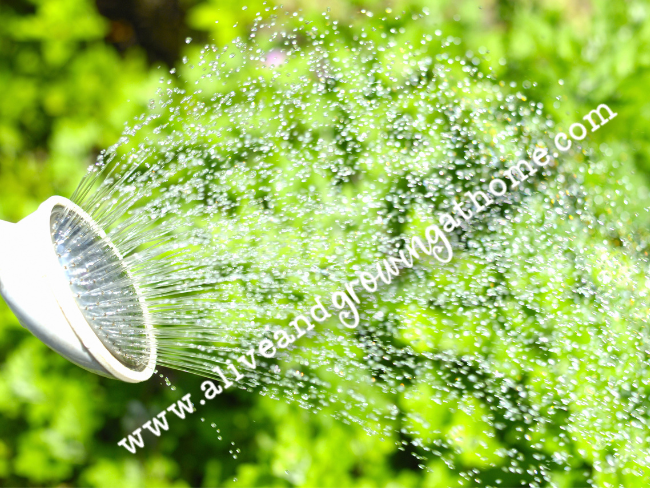
HOW OFTEN should your garden be watered?
There is no hard and fast rule of thumb because some plants, like tomatoes and watermelon, generally need more water than others. As a general rule, most plants need about an inch of water per week depending upon time of year and weather conditions.
When temperatures are high, humidity is low, during windy conditions, or as your plants grow larger, you may need to water more frequently.
Should You Sprinkle or Soak?
When you water your plants, give them a good soaking less frequently rather than a sprinkle every day.
A light watering is unlikely to reach far below the surface and most of it will evaporate off. When your soak your plants it will cause the root system to develop further down in the ground making it heathier giving you a more vigorous production.
If you wonder if they’re getting enough water, here are a couple of ways to measure the moisture level of the soil.
- Stick your finger into the soil up to your first knuckle. If the dirt feels cool, damp, or moist, it has enough water. If it feels dry, it may need more water.
- Use a soil moisture meter. Just leave the meter several inches down in the ground for several minutes until the needle/pointer stays constant. This is my preferred method.
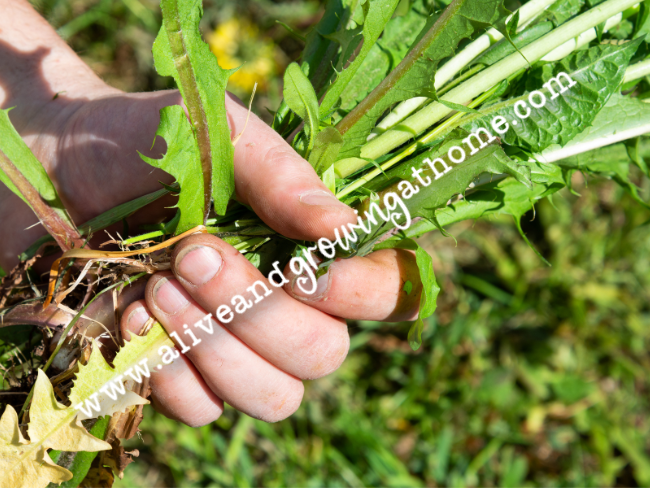
Garden Maintenance: The Weeds
The best way to keep weeds from taking over your garden thereby reducing your workload is to use some kind of mulch.
We both use free “leaf” mulch from the leaves collected by our city, which we get for free. Many cities pick up leaves left near the street in the late fall or early winter eventually turning them into compost. The leaf mulch here is free, so you might check to see if your city/town does the same.
If you use the traditional “in-ground” method, I have found that using wood chips is an excellent way to keep weeds down; but only use them on your pathways – not in the areas where you will plant. In many locations, you can get wood chips for free from the tree services around you.
We do not recommend spraying chemical weed killers in your garden.
If you find the mulch isn’t helping as much as you’d like, you’ll want to gently use a hoe or your hand to pull the weeds up by their roots.* Try to do this as weeds come up instead of waiting until your beds are overrun by weeds.
*Some garden weeds, like clover, can be thrown into your compost bin.
Enjoy that garden!
~Becky
More Posts in this Series…
Note: The topics in this series may be tweaked a bit as we go along…
- Introduction
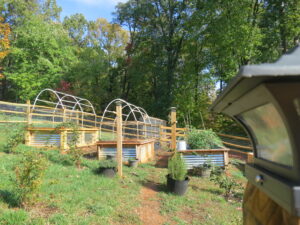
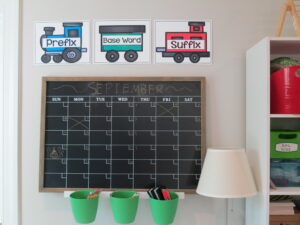
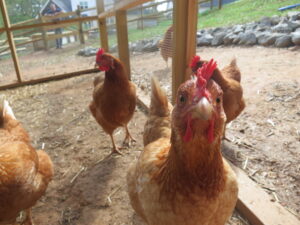
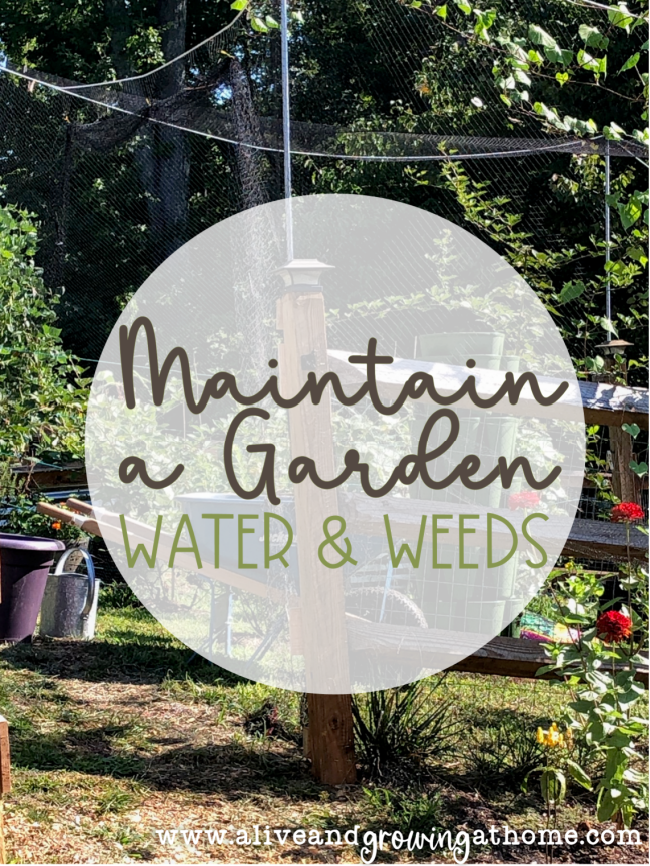
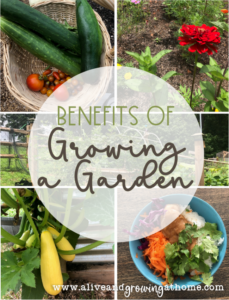
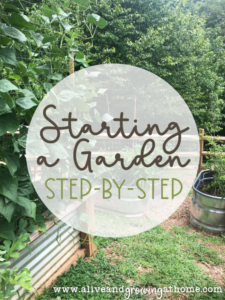


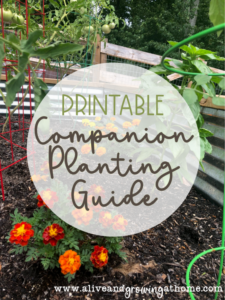

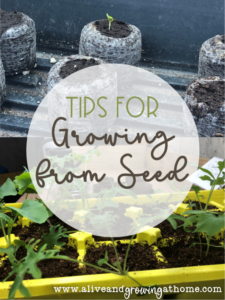

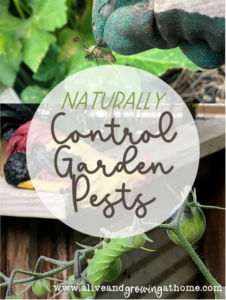

Leave a Reply